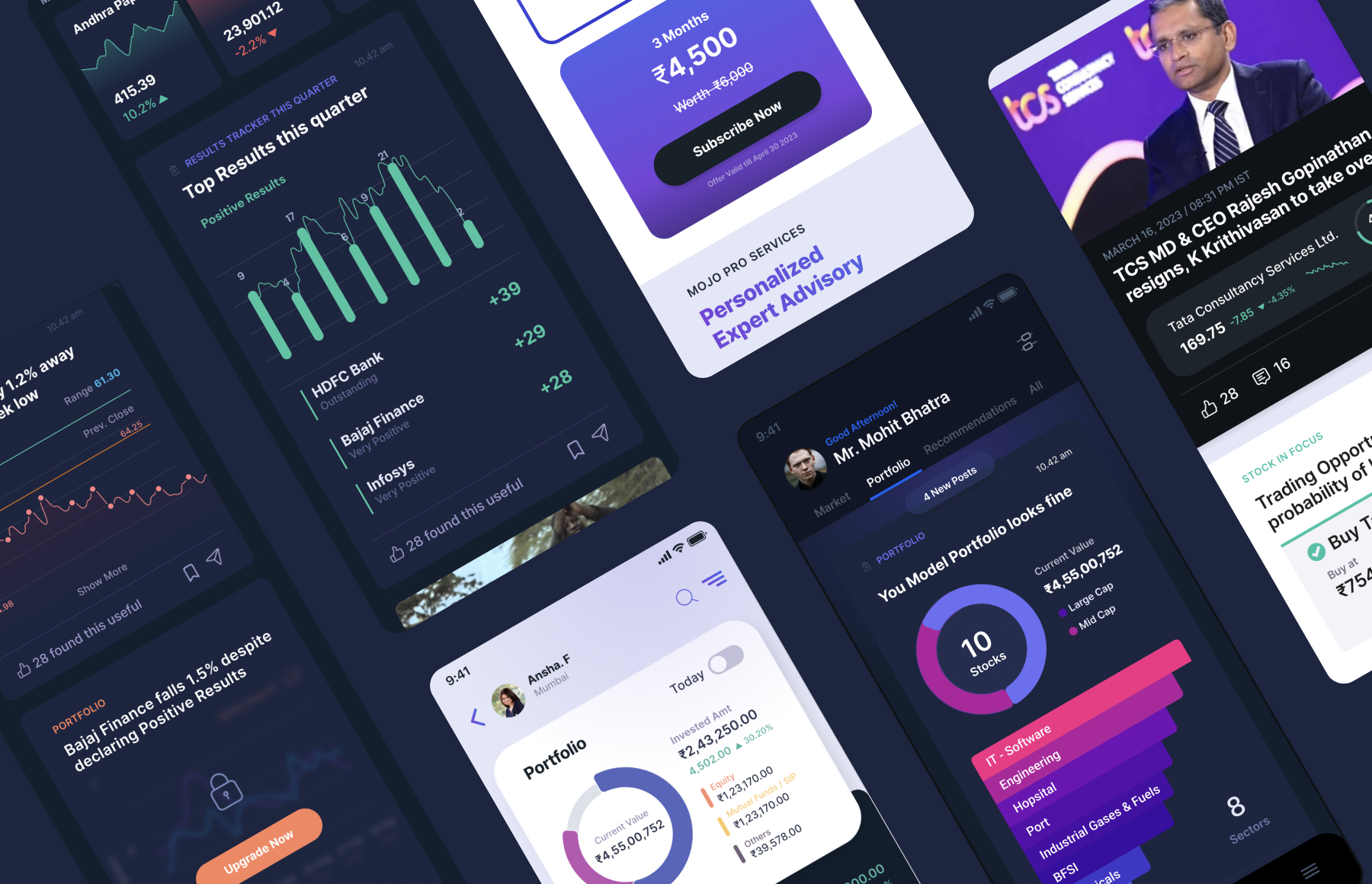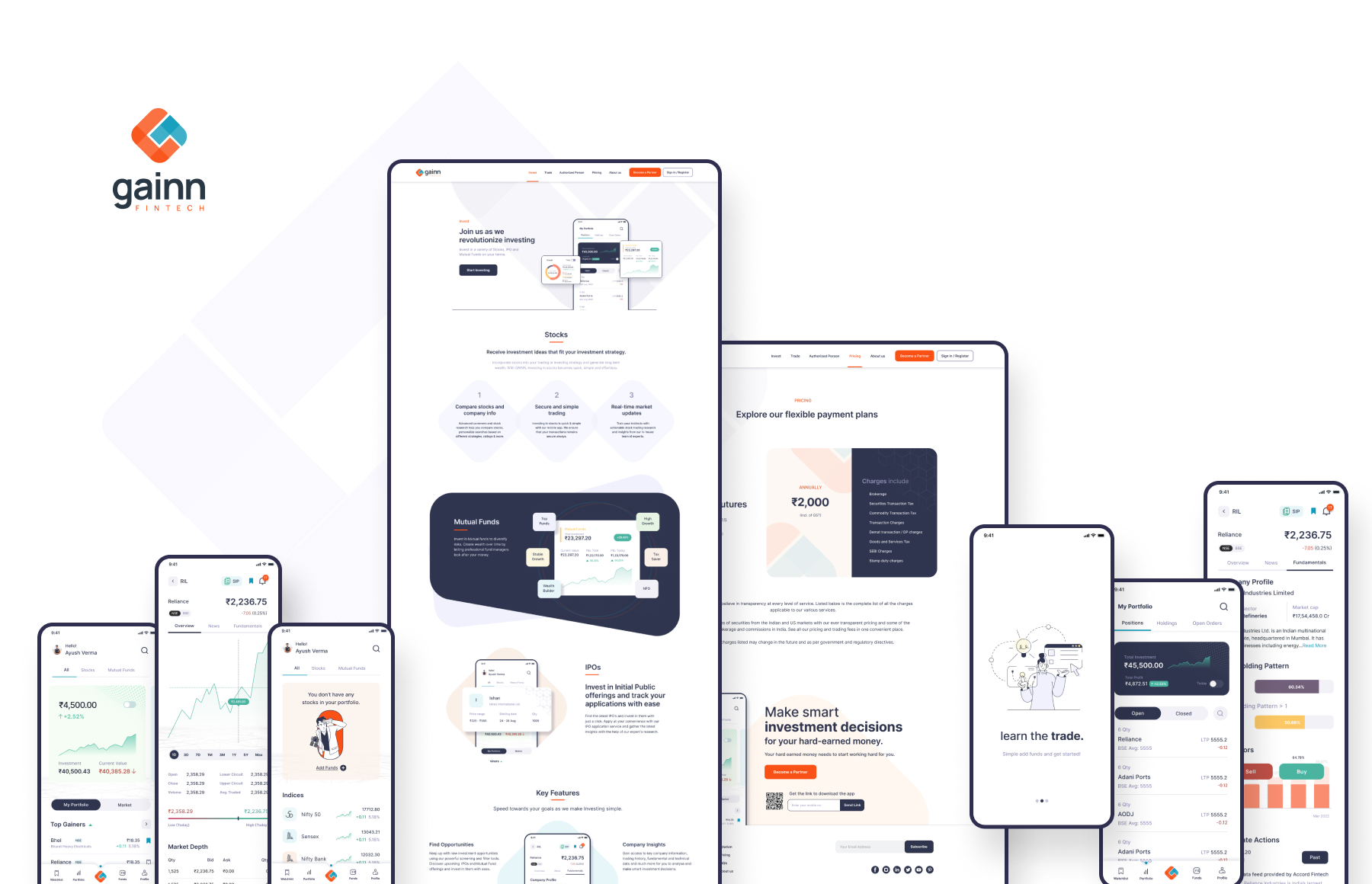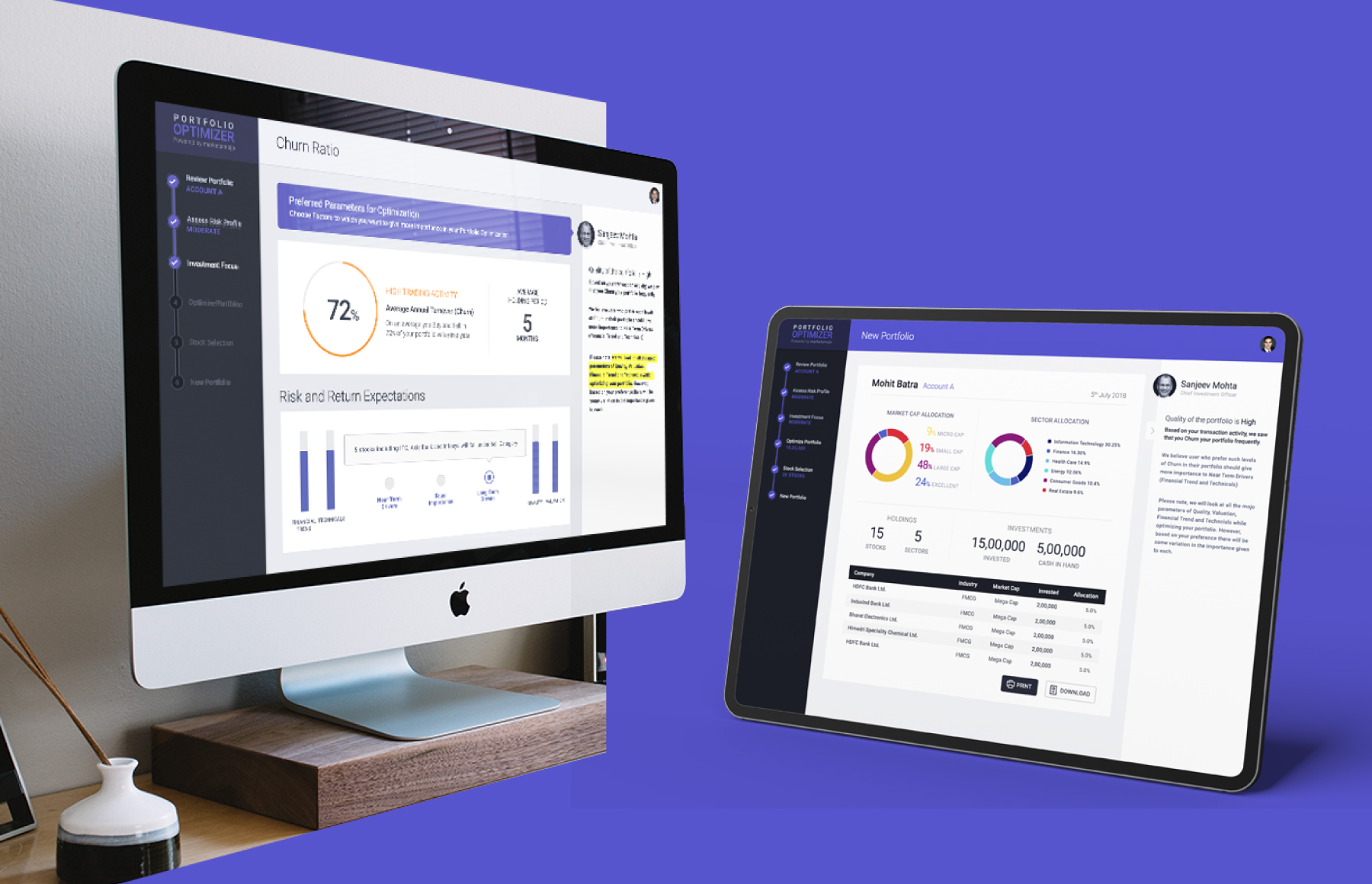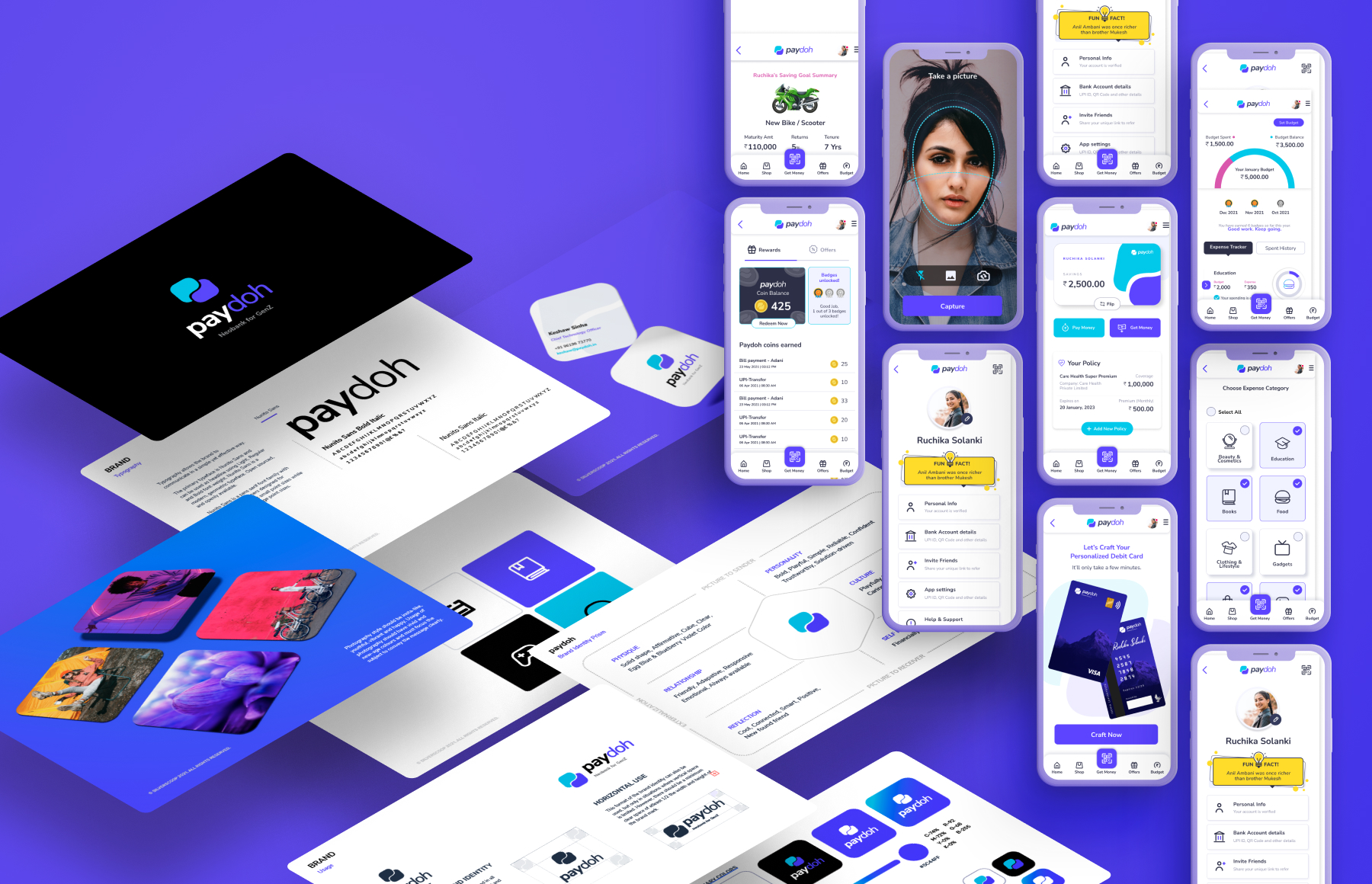Qualitative research is a cornerstone of User Experience (UX) and User Interface (UI) design, serving as a compass that guides the creation of digital products, websites, and applications that resonate with users on a profound level. This type of research is fundamentally about understanding the ‘why’ behind user behaviours, motivations, and preferences.
SERVICES
Qualitative Research
Delving deeper into the 'why' behind the 'what'
Qualitative research’s primary strength lies in its ability to provide in-depth insights, making it particularly well-suited for investigating complex and multifaceted issues.
Another key benefit of qualitative research is its flexibility. Researchers can adapt their approach, questions, and focus as they gain deeper insights, ensuring a holistic understanding of the subject under investigation. This adaptability is especially valuable when exploring emerging concepts or addressing evolving research questions.

Consumer insights are the compass that guides businesses through the ever-changing landscape of consumer preferences.
Qualitative research sparks innovation, generates new ideas, and supports iterative design by gathering user feedback for continuous product improvement.
Qualitative research prioritizes the participant’s perspective, uncovering nuances that quantitative data may overlook, ensuring human-centric design and decision-making.
In summary, qualitative research is a powerful and adaptable approach that offers unique advantages, such as in-depth insights, contextual understanding, adaptability, theory development, and human-centric solutions, making it an invaluable tool for researchers and professionals across diverse domains.
Want to get started with a project? Consult our Experts
Exploratory Research
When starting a project or exploring unfamiliar topics.
User Experience Testing
To evaluate the usability and satisfaction of digital products.
Customer Feedback
To improve products or services based on user or consumer insights.
Behavioural Understanding
Studying motivations and attitudes is essential.
Cultural Studies
To explore cultural influences on behaviour.
Complex Social Issues
When investigating intricate societal challenges.
Policy Evaluation
To assess the impact of policies or programs.
Longitudinal Studies
For tracking changes over time.
Crisis Management
During emergencies to understand public perceptions.
Select Projects




In-Depth Interviews
Researchers conduct one-on-one interviews with participants to gather detailed information about their experiences, beliefs, and opinions. This allows creators to gain first-hand consumer insights and influences.
Focus Groups
Small groups of participants engage in open discussions led by a moderator, allowing researchers to explore shared perspectives and interactions.
Observation
Researchers directly observe and record participant behaviors and interactions in natural settings, providing insights into real-world behaviors.
Ethnography
Researchers immerse themselves in a particular culture or community, participating in daily activities to gain a deep understanding of the subject under study.
Content Analysis
This method involves analyzing textual, visual, or audio materials, such as documents, photos, or videos, to identify themes, patterns, and meanings.
Case Studies
Researchers examine a single case or a small number of cases in detail, providing a comprehensive understanding of a specific phenomenon.
Grounded Theory
This approach aims to develop theories based on the data collected, allowing theories to emerge from the observations rather than being imposed beforehand.
Historical Research
Researchers delve into historical records and archives to explore changes, trends, and events over time.
Heuristic Evaluation
A usability testing method where experts evaluate a product’s user interface against established usability principles (heuristics). This process identifies potential usability issues early, allowing for improvements before user testing. It’s cost-effective and commonly employed in the initial stages of design for enhanced user experience (UX).
Card Sorting
Card sorting is a user-centred design method used to inform information architecture decisions. Participants categorize related content into groups, providing insights into user mental models, and aiding in creating intuitive navigation and layouts for websites, apps, or other digital platforms. Essential for effective user experience (UX) design.
Online and Social Media Research
Researchers analyze online interactions, discussions, and content on platforms like social media to study digital behaviors, trends and patterns.
